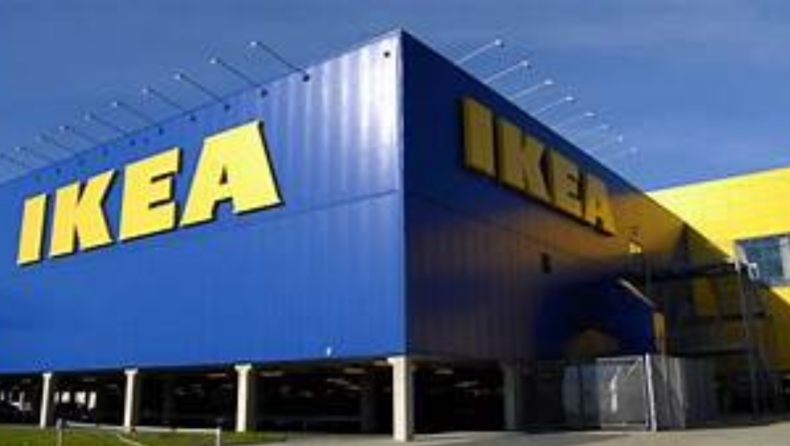The largest furniture manufacturer in the world had already halted operations at all of its 17 shops located in Russia, Russian business as well as all exports and imports that included that nation.
Ingvar Kamprad, a Swedish entrepreneur, launched a small-scale mail-order business on his family’s farm in 1943. In 1943, he developed this firm into a furniture empire by allowing consumers to piece together his basic and affordable furniture on their own. This was the beginning of Ikea.

IKEA Swedish furniture firm Svenska Fabrik said on Wednesday that it had made the “tough choice” to scale down its operations in Russia. The company cited a considerable deterioration in supply chains throughout the world as the primary motivation for this move.
In the words of the organization, “many co-workers will be harmed” since the retail “will stay frozen and the staff diminished.” Ingka Group employs 12,500 of Ikea’s 15,000 Russian employees, according to the business.
The spokesman of Ingka Group said the business was unable to say exactly how many employees will be laid off at this time. As a result, the manufacturing side in Russia will “decrease the workforce and begin the process of seeking new ownership for all four plants,” as the firm stated in its statement.
Many people’s lives have already been ruined by the conflict in Ukraine. In a statement published on its website, Ikea referred to the incident as “a human catastrophe that is continuing to touch individuals and communities.”
According to the statement made by the reseller of flat-pack furniture, “unfortunately the situation has not changed, and the tragic conflict continues.”
Businesses and supply chains all around the world have been severely damaged, and we do not foresee it being able to restore operations any time shortly.
According to the statement, the firms that handle Ikea’s activities in Belarus and Russia “have now each opted to start a new phase to further scale down” because of this.
The invasion of Ukraine by Russia resulted in the imposition of sanctions on a scale never before seen, which in turn prompted a mass departure of multinational companies, including H&M, Starbucks, and McDonald’s.
Ikea has announced that it would not resume importing or exporting items to or from Russia and Belarus and that its buying and logistics offices in Moscow and Minsk will cease permanently.













